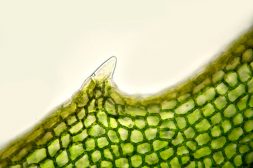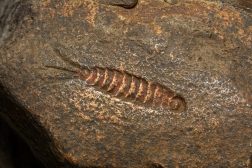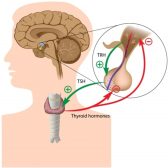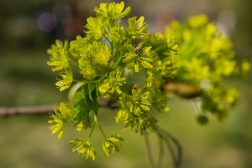Definition
noun
A parasitic protozoon of the taxonomic family Sarcocystidae that causes toxoplasmosis
Supplement
Toxoplasma gondii is the only species in the genus Toxoplasma. It is of science and medical importance because it causes toxoplasmosis in humans and many warm-blooded animals. It is an obligate intracellular parasite. Its definitive host are felids such as domestic cats. Its infective stage is the oocysts containing the pathogen in the faeces of cats, usually by contaminated soil, direct exposure to infected faeces, tissue cysts in infected meat or tachyzoites (proliferating forms) in blood. The species was first found in Ctenodactylus gondi (gundi) and named by Nicolle and Manceaux in 1908. Subsequent discoveries of similar organisms parasitizing other animals were later on regarded as only a single species based on the similarity of structure and nonspecificity for hosts.1 The life cycle of the species may be divided into two phases: sexual and asexual. The sexual phase occurs only in the intestines of felids whereas the asexual phase occurs in warm-blooded animals, such as humans, cats, and birds.
Word origin: Ancient Greek tóxon (“bow”) + plásma (“something molded, bow-shaped form”)
Scientific classification:
- Domain: Eukaryota
- Phylum: Apicomplexa
- Class: Conoidasida
- Order: Eucoccidiorida
- Family: Sarcocystidae
- Subfamily: Toxoplasmatinae
- Genus: Toxoplasma Nicolle & Manceaux, 1909
- Species: Toxoplasma gondii Nicolle & Manceaux, 1908
See also:
Reference(s):
1 Olsen, O. (1986). Animal parasites: their life cycles and ecology. New York: Dover. p.168.







